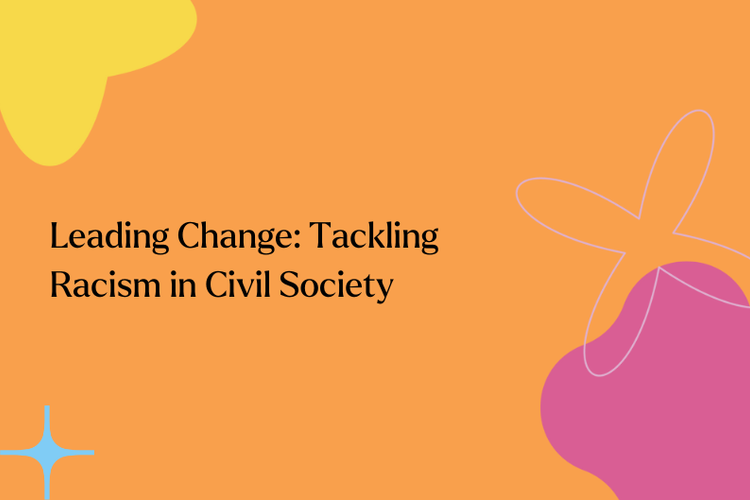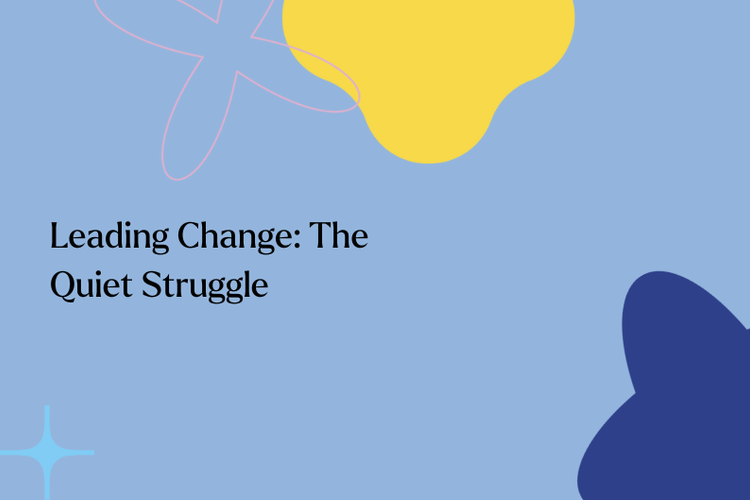
I am incredibly passionate when it comes to the importance of diversity, and the mission I share with my colleagues at Cadence Partners is to ensure all leaders have an inclusive and equitable mindset, that is embedded into all organisational processes, policies, and culture. I have a particular passion to increase the gender diversity of leadership, which is why I am an Ambassador for Women on Boards [1]. For me, the theme for this year’s International Women’s Day –#EmbraceEquity– is the most pertinent yet, as it allows us to acknowledge how far we have come in female representation at leadership, but also that we cannot become complacent, and there is still much more we need to do.
Celebrating Positive Change
So firstly, let’s acknowledge how far we have come. The recently published FTSE Women Leaders Review [2] helps to highlight some of the great strides we have made in the UK when it comes to female leadership. The report celebrates that FTSE 350 companies have met the 40% target for Women on Boards three years ahead of the 2025 target, with the UK ranked second place internationally behind France. This is progress.
However, it also shows that companies are failing to appoint women to leadership positions below Board level at the same rate, with only 33.5% of executive committee or their direct reports being women. Therefore, we must continue to champion female leadership at all levels, 365 days of the year, not just for International Women’s Day; the lack of female leaders cannot be attributed to a lack of female talent – there’s lot of it!
Embrace Equity
When many people talk about “EDI,” they sometimes mistake the “E” as equality, instead of “equity.” Although the two words can be seen as synonymous in some senses, they are quite different in practice; equity goes a step further than equality.
One of the best and simplest ways to demonstrate the difference between equality and equity is the below diagram from the Robert Wood Johnson Foundation.
In the sense of equality, if you are trying to cross the road you are faced with the same equal situation as everyone else waiting to cross with you. In the sense of equity, if you are trying to cross the road you are treated as an individual and any additional support or adjustments are made to ensure you have the same chance at crossing the road as everyone else.
Equity acknowledges that not everyone has the same starting point, and for truly equal outcomes, we need to ensure everyone has the same access and outcome.
The barriers women still face are often around recruitment and promotional opportunities, gender bias policies and equal pay. We must understand and respect the wider demands often placed on working women, many of whom remain the primary caregivers; this continues to be one of the key reasons women are discriminated against when it comes to development and promotional opportunities.
Importance of Intersectionality
Equity is of course not restricted to gender; we must celebrate ALL women and consider and reflect on intersectionality – age, ethnicity, disability, neurodiversity, sexual orientation, social, economic, and other backgrounds.
The Women in the Workplace study [3], by LeanIn.Org and McKinsey, on the state of women in corporate America, found that Black female leaders are more likely than female leaders of other races and ethnicities to receive signals that it will be harder for them to advance, and are more likely to have colleagues question their competence and to be subjected to demeaning behaviour. This related to 1 in 3 Black female leaders say they’ve been denied or passed over for opportunities because of personal characteristics, including their race and gender.
McKinsey also reported in their article “Being transgender at work” [4] that those who identify as trans feel far less supported in the workplace, found it more difficult to understand workplace culture and benefits, less supported by their managers and harder to get promoted.
These two examples show just how important it is that we understand our unique backgrounds and identities, and our differences in experiences and perspectives, even as women. Being a true ally to female leadership is being an ally to all women, understanding the power and privilege we have, supporting and tackling different discrimination people may face associated with their intersectionality.
Regardless of your background, we ask you on International Women’s Day to do one small thing: consider ALL the women that work around you, think about how their backgrounds differ from yours, and how you can support each other.
[1] https://www.womenonboards.net/en-gb/home
[2] https://ftsewomenleaders.com/wp-content/uploads/2023/03/ftse-women-leaders-review-report-2022.pdf
[3] https://leanin.org/women-in-the-workplace/2022
[4] https://www.mckinsey.com/featured-insights/diversity-and-inclusion/being-transgender-at-work






















